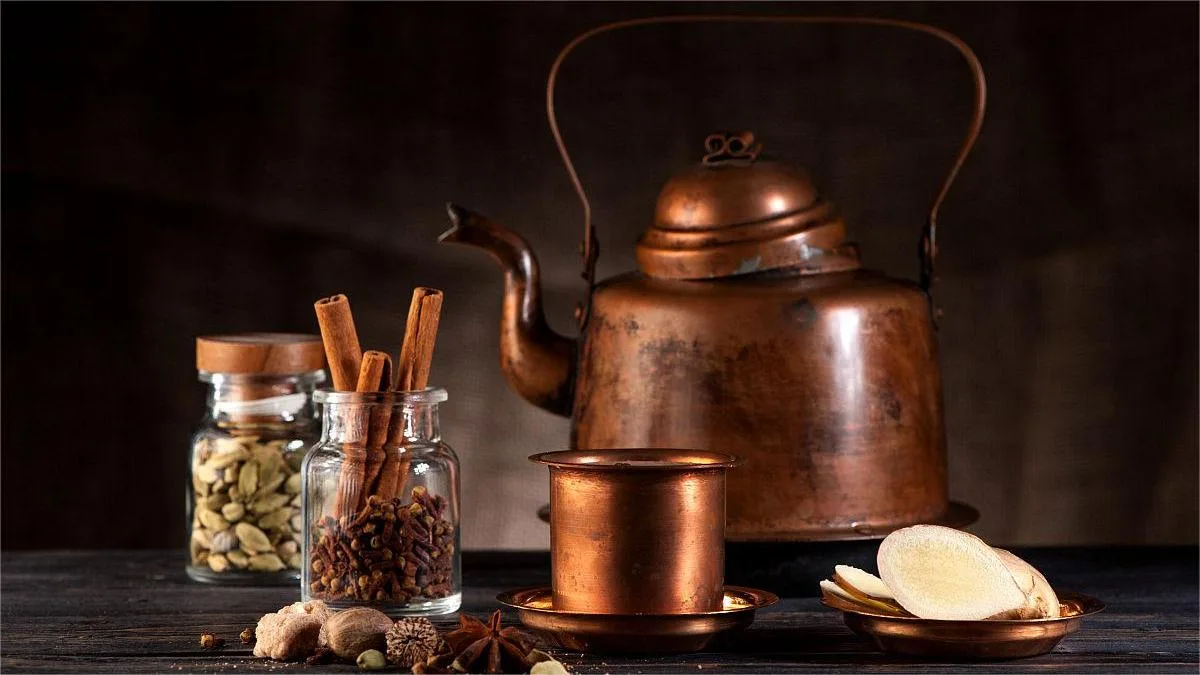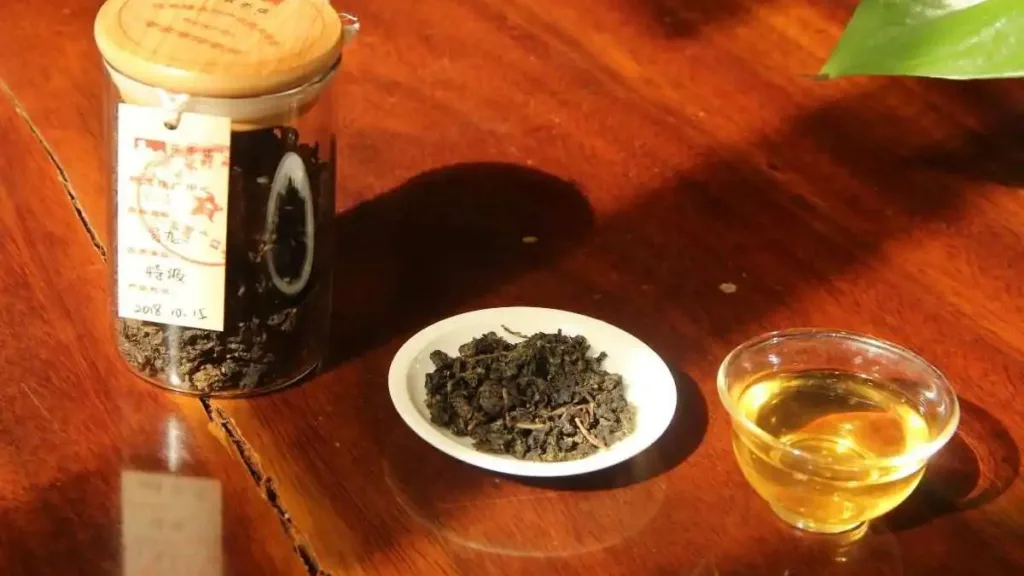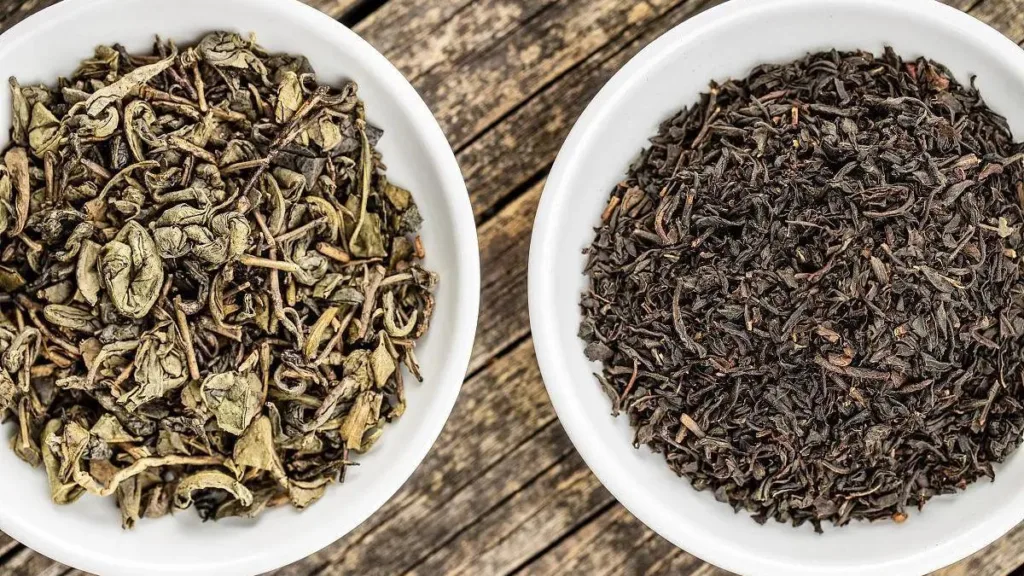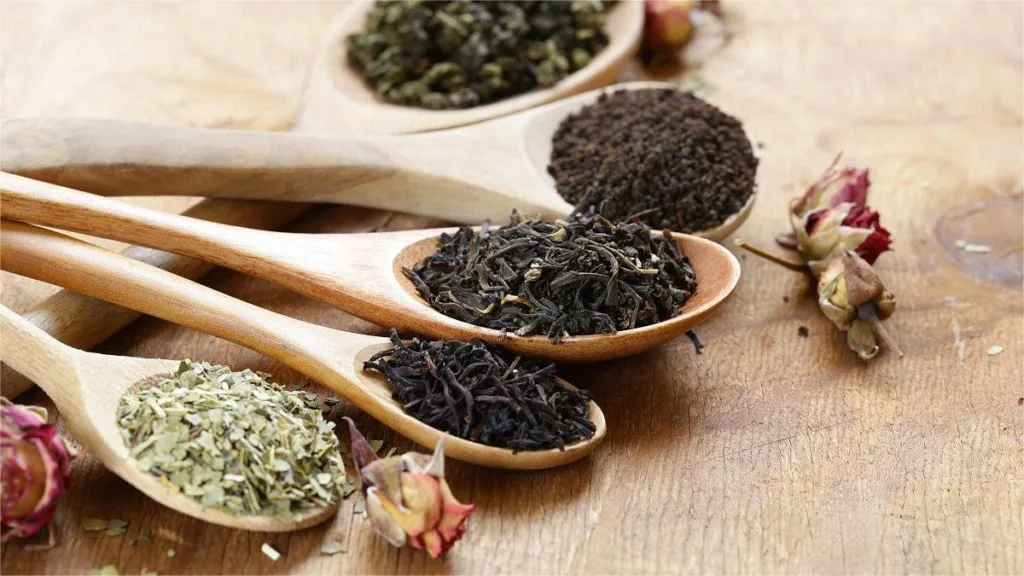Chai tea, often simply referred to as “chai,” has its roots in India, making it an integral part of Indian culture and history. The word “chai” itself is Hindi for tea, and the beverage has been a staple in Indian households for centuries. The origins of chai can be traced back to the Indian subcontinent, where it has played a significant role in social and cultural practices.
The traditional Indian chai is a spiced tea made by brewing black tea leaves with a mixture of aromatic spices, typically including cardamom, cinnamon, ginger, cloves, and black pepper. The combination of these spices gives chai its distinctive and rich flavor profile. Sweeteners such as sugar and milk are also commonly added, creating a comforting and satisfying beverage.
While chai has deep roots in Indian culture, the introduction of tea to India itself can be credited to Chinese traders who brought it to the region in the 19th century. The British East India Company played a pivotal role in popularizing tea cultivation in India, leading to the establishment of tea estates in various parts of the country. The Indian tea industry flourished, and tea became a widespread and beloved beverage.
In this context, one can argue that the concept of tea itself has Chinese origins, as it was the Chinese who first cultivated and drank tea. However, the transformation of tea into the spiced and flavored concoction we now know as chai is distinctly Indian.
Chai’s popularity has transcended national borders and gained global recognition. It has become a popular beverage in various parts of the world, each region adapting the recipe to suit local tastes. The term “chai tea” itself is somewhat redundant, as both words essentially mean the same thing—tea. In many Western countries, the term is commonly used to refer to the Indian-style spiced tea.
In conclusion, while the concept of tea can be traced back to China, chai tea, as we know it today, is undeniably rooted in Indian culture. Its unique blend of spices and preparation methods have made it a symbol of Indian hospitality and a globally appreciated beverage, showcasing the cultural exchange and evolution of traditions over time.



